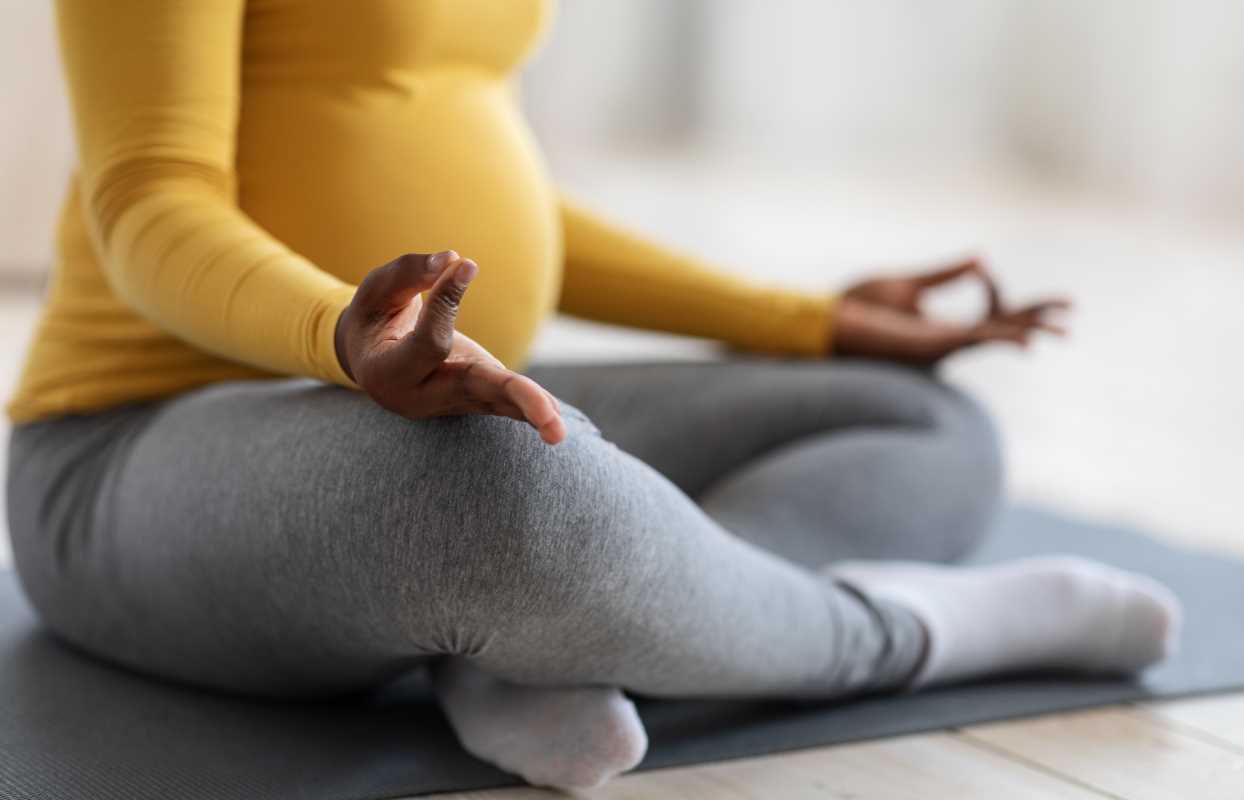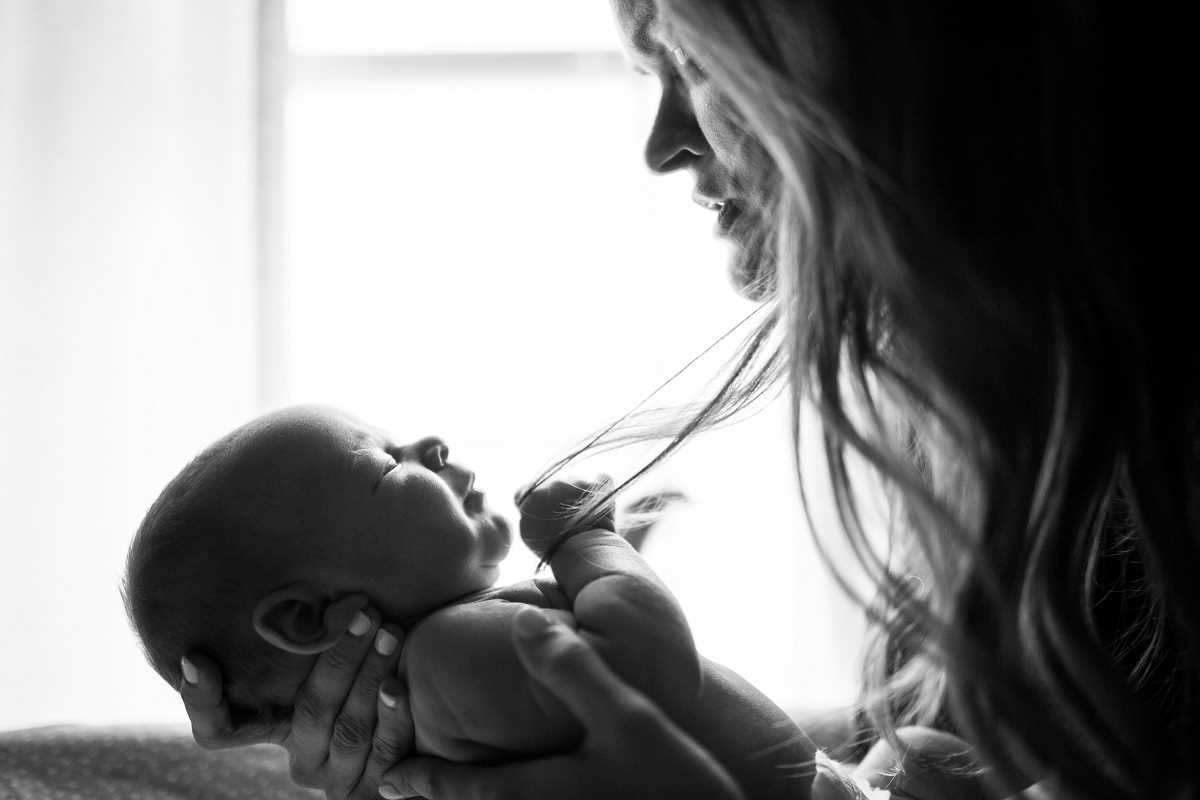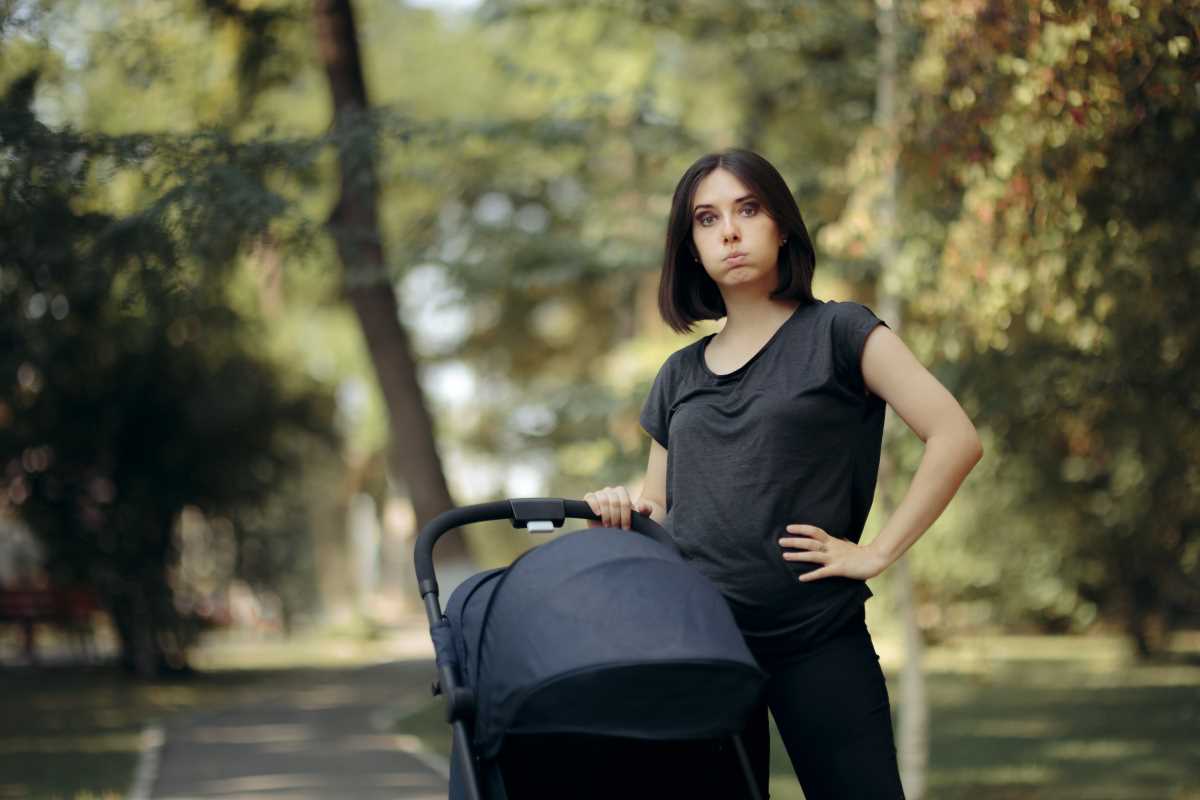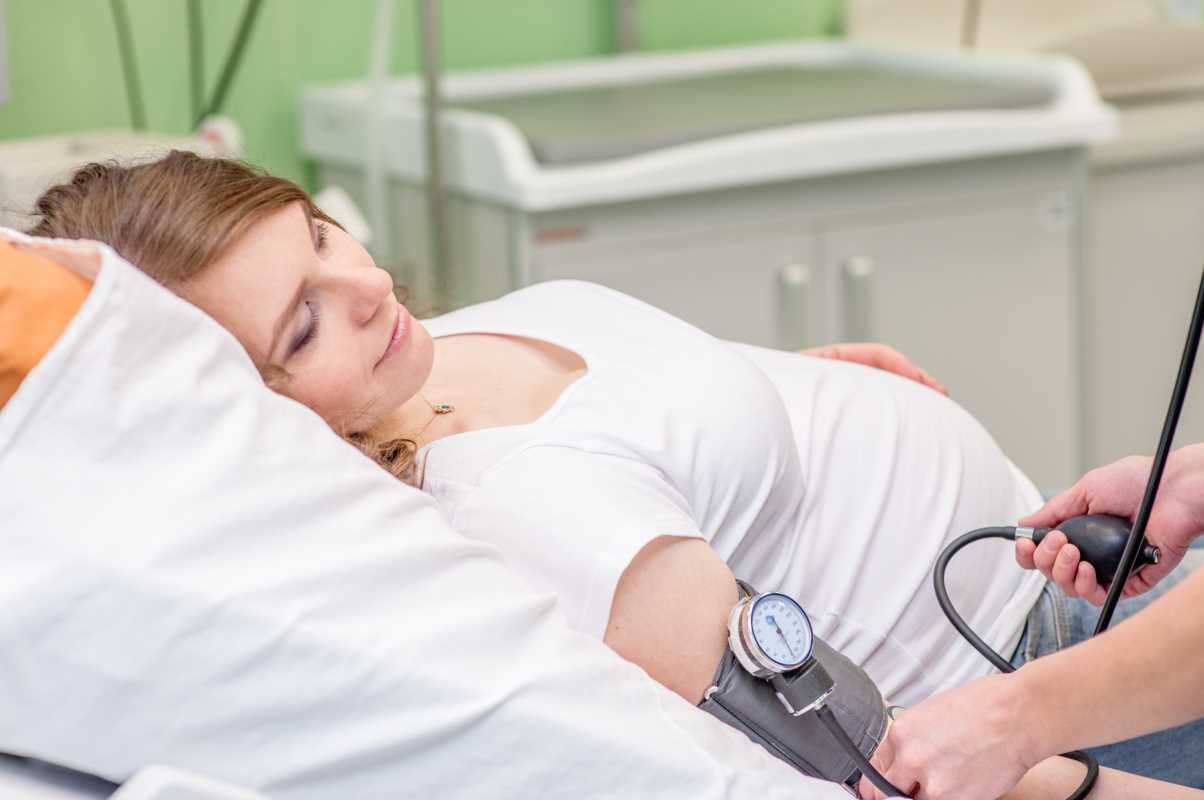Pregnancy is a life-changing experience, filled with excitement, anticipation, and many new emotions. However, for many women, the initial signs can be subtle and easily confused with other conditions. Recognizing these early signs of pregnancy is essential for timely prenatal care, ensuring both the mother's and baby's health. By paying attention to the cues your body gives, you can begin your pregnancy journey with confidence. Here are some of the most common signs that you might be expecting:
1. Missed Period
One of the earliest and most significant indicators of pregnancy is a missed period. For women with regular menstrual cycles, this is often the first clear sign. However, it's important to note that a missed period can also result from stress, changes in weight, or hormonal imbalances, so it isn't always a definitive sign of pregnancy. If your period is late and you’re sexually active, it’s a good idea to take a home pregnancy test to confirm whether pregnancy might be the cause.
2. Morning Sickness
Morning sickness, characterized by nausea and sometimes vomiting, is a hallmark of early pregnancy, although it can occur at any time of day. For many women, it starts around the sixth week of pregnancy, but it can appear earlier or later. The exact cause is unknown, though it's widely believed to be related to rising levels of the hormone human chorionic gonadotropin (hCG). Scents, foods, or even an empty stomach can trigger feelings of nausea. While uncomfortable, morning sickness is a normal part of pregnancy and usually subsides after the first trimester. Some women may experience more severe nausea, known as hyperemesis gravidarum, which requires medical attention.
3. Fatigue
In the early weeks of pregnancy, it's common to feel more tired than usual, even with adequate rest. Fatigue is largely due to the body producing higher levels of progesterone, a hormone that helps sustain the pregnancy. Additionally, the body is working hard to support the growth of the baby, leading to increased energy demands. If you find yourself feeling unusually fatigued or needing more sleep than usual, it could be an early sign that you're pregnant.
4. Breast Changes
Another early sign of pregnancy is changes in your breasts. Hormonal shifts can cause your breasts to feel tender, swollen, or tingly. This can be similar to the tenderness experienced before a period but is often more pronounced during pregnancy. The area around your nipples, known as the areola, may darken, and the veins on your breasts might become more visible. These changes occur because your body is preparing for breastfeeding, even in the earliest stages of pregnancy.
5. Frequent Urination
If you find yourself running to the bathroom more often than usual, frequent urination might be another clue that you are pregnant. This occurs because the kidneys are working harder to filter more blood due to hormonal changes, leading to increased urine production. As your pregnancy progresses, the growing uterus also puts pressure on the bladder, which can exacerbate the need to urinate frequently. However, in the early stages, this symptom is primarily hormonal.
6. Mood Swings
Pregnancy hormones can cause emotional turbulence, leading to mood swings that range from elation to tearfulness. These shifts in mood are largely due to the fluctuating levels of estrogen and progesterone in your body, which can affect neurotransmitters in the brain responsible for regulating mood. Feeling overly emotional or sensitive is a common experience in early pregnancy and can be similar to premenstrual syndrome (PMS) symptoms. However, if you notice prolonged emotional changes, it’s always a good idea to discuss them with a healthcare provider.
7. Other Potential Symptoms
While the symptoms mentioned above are some of the most common, every woman’s body responds differently to pregnancy. Here are a few additional signs that might indicate pregnancy:
- Cramping and Spotting: Light cramping and spotting, known as implantation bleeding, can occur when the fertilized egg attaches to the lining of the uterus. This is usually much lighter than a regular period and lasts only a few days.
- Food Cravings or Aversions: Many women report food cravings or aversions early in pregnancy. Certain smells or tastes may suddenly become intolerable, while others may become irresistible.
- Bloating: Increased levels of progesterone can cause bloating, similar to what some women experience before their period.
- Heightened Sense of Smell: Pregnancy can heighten your sense of smell, making certain scents—like food, perfume, or smoke—more intense and even nauseating.
When to Take a Pregnancy Test
If you’re experiencing any of these early pregnancy signs and have missed a period, it’s time to consider taking a home pregnancy test. These tests measure the level of hCG in your urine, a hormone that is only present during pregnancy. For the most accurate results, take the test a few days after your missed period. If the test is positive, scheduling a visit with your healthcare provider will confirm the pregnancy and help you start prenatal care.
Early pregnancy can bring a range of physical and emotional changes. While these symptoms can be challenging, they are also the body’s way of preparing for the exciting journey ahead. Recognizing and understanding the early signs of pregnancy is essential for seeking timely care and ensuring a healthy pregnancy. If you suspect you might be pregnant, paying close attention to your body and consulting a healthcare professional will help you embark on this new chapter with confidence.
Featured image via myboys.me/Adobe Stock
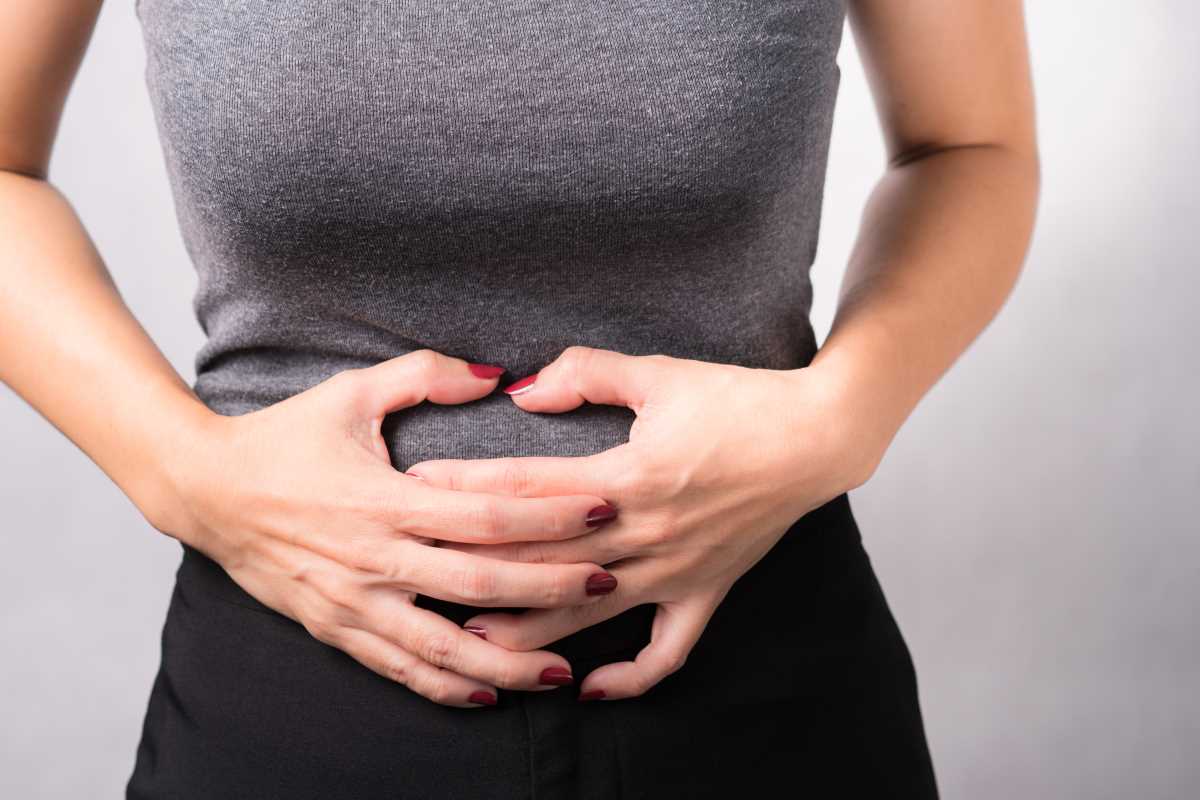 (Image via
(Image via
